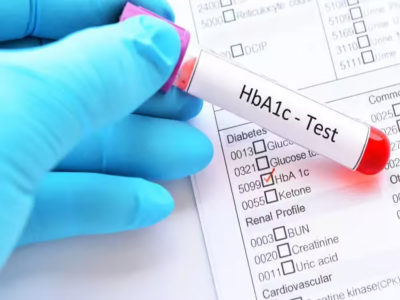Epilepsy is a neurological disorder affecting millions worldwide, characterised by sudden and recurrent seizures due to abnormal electrical activity in the brain. Despite medical advancements, epilepsy remains widely misunderstood, often leading to social stigma and misconceptions.
Dr Jaideep Bansal, Senior Director and Head of Neurology at Fortis Hospital Shalimar Bagh, explains, “Epilepsy is a disorder of the brain in which there are two or more episodes of sudden paroxysmal electric discharges in the brain leading to seizures, which can be either convulsive or non-convulsive. Seizures in epilepsy are usually episodic, with a brief loss of consciousness and symptoms like tonic-clonic limb movements, tongue bite, or urinary and fecal incontinence. However, unlike stroke, epilepsy does not typically cause long-term weakness.”
Also read: Philips and Medtronic join forces to upskill cardiologists in advanced imaging
“The condition can arise from various causes, including infections like meningitis, traumatic brain injuries, strokes, brain tumours, genetic factors, and prenatal brain damage. Depending on the part of the brain affected, epilepsy manifests in different types of seizures. Generalised seizures affect both hemispheres of the brain and include absence seizures, myoclonic seizures, tonic-clonic seizures, and atonic seizures. Partial seizures, on the other hand, occur in a specific brain region and can be classified as simple or complex. A severe form known as Status Epilepticus, where seizures last more than five minutes or occur in rapid succession, can be life-threatening and requires immediate medical attention”, Dr Bansal said.
Certain factors can trigger seizures in epilepsy patients, including stress, alcohol, sleep deprivation, hormonal changes, dehydration, flashing lights, specific medications, and excessive caffeine consumption. Common warning signs before a seizure include sudden falls, jerking movements, blank stares, abnormal eye movements, lip-smacking, hand-rubbing, and emotional symptoms like fear or anxiety.
Diagnosis of epilepsy is done through a combination of medical history, electroencephalogram (EEG), MRI, or CT scans. Treatment primarily involves anti-seizure medications, with about 70% of patients achieving seizure control through monotherapy or polytherapy. For patients who do not respond well to medication, alternative treatment options include surgical intervention and neuromodulation devices such as vagus nerve stimulation, responsive nerve stimulation, and deep brain stimulation. Dietary modifications, such as the ketogenic or modified Atkins diet, have also been found to help manage epilepsy.
Epilepsy can significantly impact daily life, affecting physical health through sleep disturbances and seizures, as well as mental health due to stress and medication side effects. Socially, people with epilepsy may face difficulties in employment, education, relationships, and restrictions on activities such as driving. Raising awareness about epilepsy is crucial to eliminating stigma and ensuring better support for those affected. Public education, supportive policies, psychological assistance, and lifestyle modifications—such as proper sleep, stress management, a healthy diet, and avoiding known triggers—can greatly improve the quality of life for epilepsy patients.
Also read: Rising lung cancer cases among non-smoking women: Causes, risks, and solutions
With timely diagnosis, appropriate treatment, and increased awareness, epilepsy can be effectively managed, allowing individuals to lead normal and fulfilling lives.





